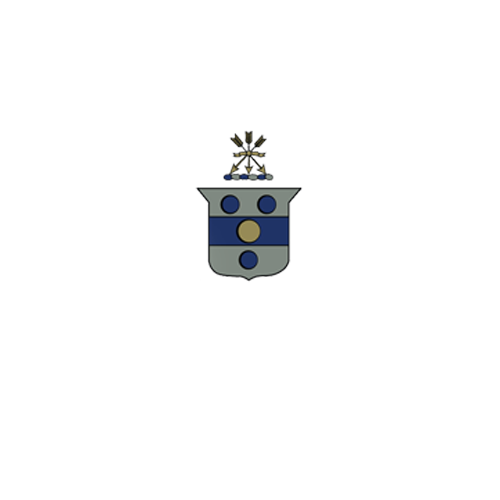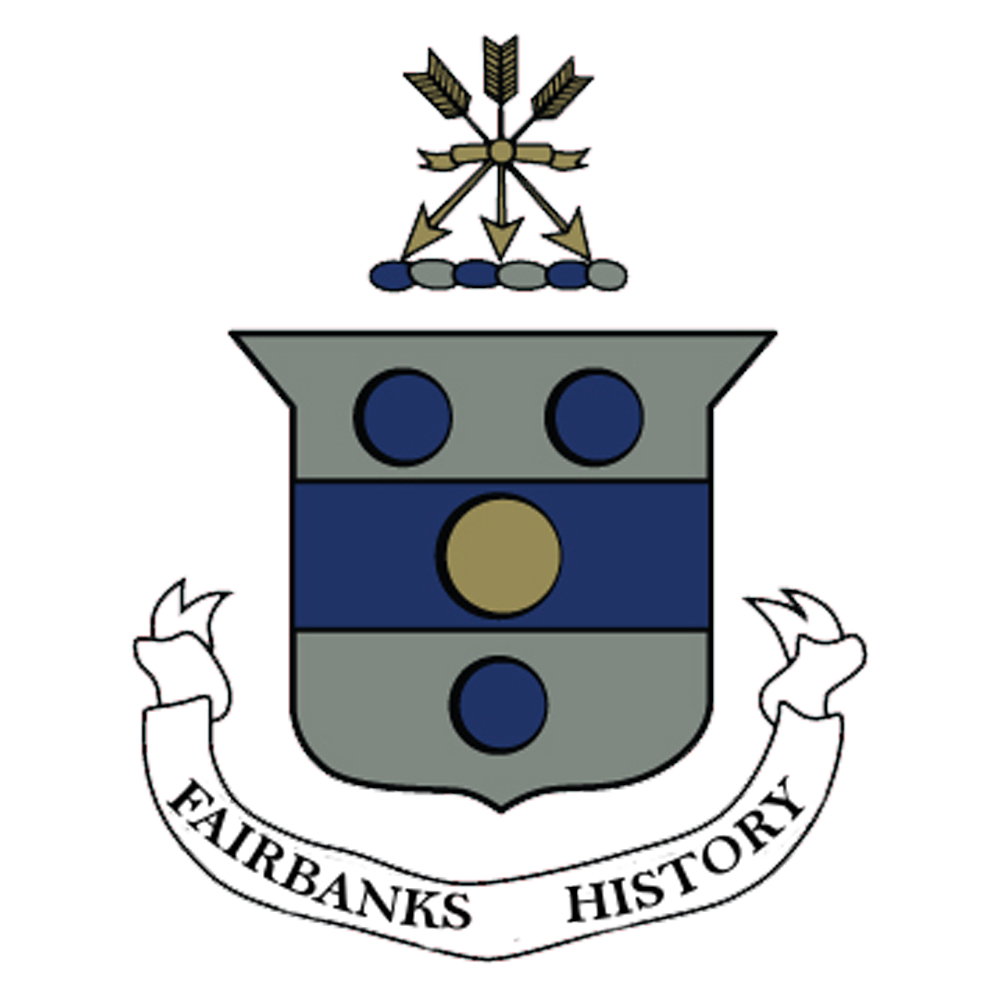Puritan Days of Thanksgiving and Humiliation and the First Postmaster in the Colonies: Richard Fairbanks
What does Thanksgiving and the Post Office have in Common
Have you been to your mail box today, or do you go to the “post” office? Are you thankful for this type of communication, the mail carriers, and the postal service workers who provide the mail in snow, rain, heat, and gloom of night? Between November and December, many of us look forward to mail and holiday greetings from family, especially those who are far away.
November holds two important ways that families have stayed connected. The Thanksgiving of the United States as we know it today, was established by Abraham Lincoln during the Civil War. The first “post” office between England and the colonies was establishment November 6, 1639.
We will take a look at the real thanksgivings and days of humiliation and fasting the Puritans observed in the 17th century. Then we will recognize Richard Fairbanks as the first post master in the Massachusetts Bay Colony (MBC.)
Days of Thanksgiving and Humiliation with Fasting
It seems reasonable to be thankful for something in our lives more frequently than one day a year. In fact, the Puritans celebrated a day of thanksgiving many times a year. These days were predicated by successes and fortunes which they thought were directly related to God’s pleasure for the way they were ordering their lives.
These days were called by the Governor of Massachusetts Bay Colony for a general observance or by the minister of a town for a more local celebration. The day was called for various fortunes: bountiful harvest (like the Pilgrim’s prototypical thanksgiving), prosperity, victories in battle, abatement of epidemics, etc.
Days of thanksgiving were observed much like a Sabbath. The day was spent at the town meetinghouse with sermons and prayers of praise. Perhaps, to make it special, they feasted with the whole community. However, all foods had to be prepared before the day of thanksgiving. No work was done on that day, like a typical Sabbath.
First Church of Dedham by Frank Smith
Days of humiliation and fasting were observed as frequently as or more often than thanksgivings. These were called when a misfortune, such as disease, poor crops, bad weather, war, etc., befell the town, colony, or even their mother country, England. At these times, the Puritans believed their lives were in some way a disappointment or provoked the anger of God who in turn exacted the travails.
The Puritans felt it necessary to atone for their transgressions. They did so as a community by spending a day at the meetinghouse mourning in prayer and sermon. This time, there was no feasting, only fasting. The day of humiliation could be called at the Colony or local level.
Attending the days of thanksgiving or humiliation was not optional. Like the Sabbath, all members of the community were expected to participate. Those not in attendance were fined. If frequently absent, there could be stronger punishments.
Today many observe Thanksgiving by appreciating our contemporary bounties and blessings and celebrating our family and our heritage, whatever that heritage may be. The root of our Thanksgiving is not unlike that of the Puritans day of celebration.
We have our days of mourning often initiated by our Government. The USA flag is flown at half staff on these occasions. For some Indigenous People, they observe Thanksgiving as a “National Day of Mourning.”
Richard Fairbanks the First Postmaster in the Massachusetts Bay Colony
On November 5, 1639, Richard Fairbanks became the first official postmaster in an American colony. Letters were being sent back and forth between England and the Colonies, from the beginning of settlement in New England, but the mail bag was sent on merchant ships as cargo. There wasn’t a systematic caring for the mail.
Richard Fairbanks is believed to have come to the Massachusetts Bay Colony on the ship, Griffin, in September of 1633. This belief is enhanced because he and Elizabeth, his wife, became members of the church in Boston, MBC, October 1633, at the same time as other passengers on that ship.
There is no indication of the relationship of Richard and Elizabeth Fairbanks with Jonathan and Grace Fairbanks who came to Massachusetts Bay Colony before November 1636.
Richard had a shop of unknown trade which he sold on August 7, 1637 to a Saunders, a book binder. In March 1637/38, the commonwealth of Massachusetts licensed Richard “To sell wine & strong water in Boston.” This would infer that Richard was operating a tavern and likely an ordinary (inn). Generally these were established together in the home of the proprietor.
His home and/or tavern was situated on what is now called Washington Street. A main thoroughfare through the growing town of Boston. Washington Street, as we know it, led to the neck of Boston and mainland of the Massachusetts Bay Colony.
Across from Richard Fairbanks’s house was the western terminus of Great Street. Great Street opened into a very wide area at the juncture with Washington Street. This became the Boston marketplace. Great Street continued east to the Great Cove of Boston Harbor.
The central location and the licensure of wine and strong liquor infer clout on Richard’s establishment. He was recognized for the convenience and popularity of his tavern and possibly for his own honor when General Court’s bestowed the office of first postmaster of Boston on him November 5, 1639.
“For preventing the miscarriage of letters; & it is ordered, that notice be given that Rich[a]rd Fairbanks his house in Boston is the place appointed for all letters which are brought from beyond the sea, or are to be sent thither, are to be brought unto; & he is to take care that they be delivered or sent according to their directions; & he is allowed for every such letter a 1d., & must answer all miscarriages through his own neglect in this kind; provided that no man shall be compelled to bring his letters thither, except he please.”
Imagine the importance of letters to and from England. Many settlers left their families behind. This was their only connection to them and what was happening in England. The settlers still felt they were a part of England.
The letters were tacked or pegged up on a post (perhaps that is the origin of “post office”) at Richard’s tavern for someone from the outlying communities to pick up and deliver to the recipient.
The need or desire to know what was happening in England was so strong that often an unsecured letter was taken off the post by a stranger and read before returning it to the post.
Paper was very expensive. It was handmade from rag linen. Letter stationary was small. There were no envelopes. Envelopes were a waste of costly paper. The small letters were folded such that the edges were tucked in, so the writing would not be visible. https://www.fairbankshistory.com/colonial-history/z2mot3drf1gw24s8or02vdfm22akzv?rq=hartley
The last edge of the letter was sealed with wax with the insignia of the sender. If the seal was broken, the recipient knew the letter had been opened.
It was necessary to write the address of the person directly on the sealed packet. Since there wasn’t a standardized addressing system, the destination was descriptive.
For example, the letter addressed to Jonathan Fairbanks in 1658 from Richard Harley, the merchant, was addressed :
“To this very Loveing friend Johnnathan Fearbanke at Dedham. This.”
As we celebrate this holiday, let’s celebrate all the people who have made our nation what it is today, from the people who first inhabited and cared for this land, those who worked the land, whether by choice or in servitude, those of all walks of life who have fought to maintain its freedom , and everyone that continues to strive to make this a good place to live for all people. May we keep our communications open to make this happen and appreciate the freedom of communication that has helped make this nation what it is today..
What’s Up Next ?
Banning the Celebration of Christmas











